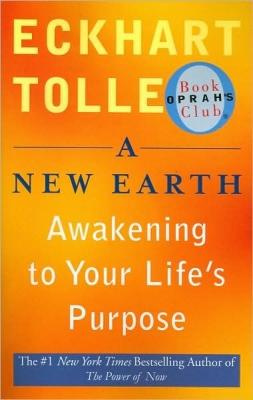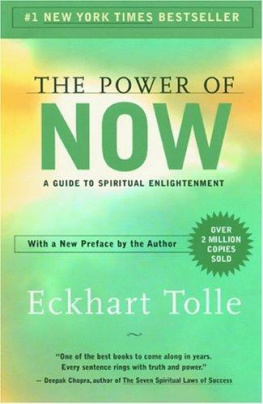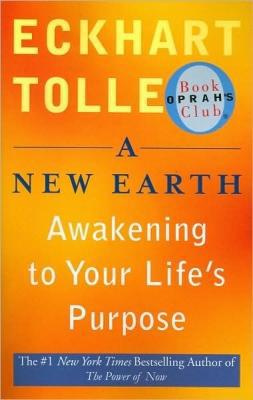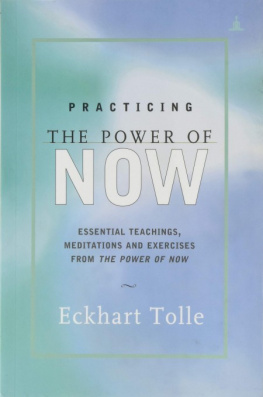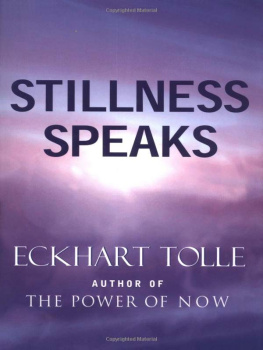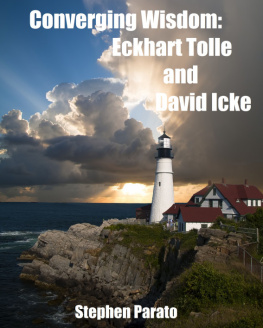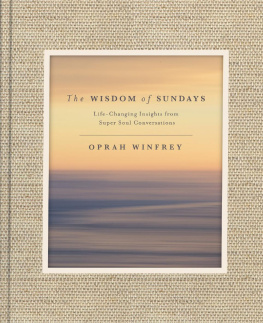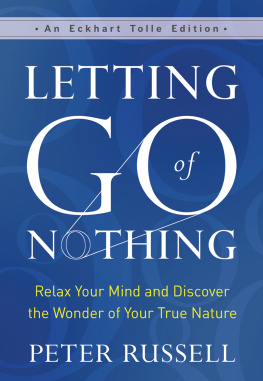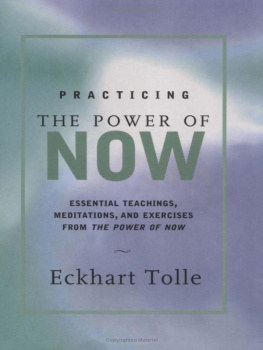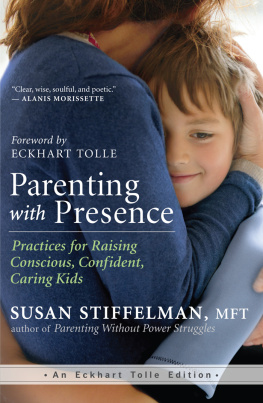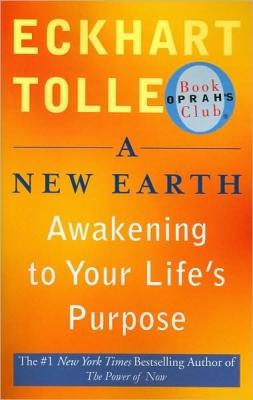THE ILLUSORY SELF
The word I embodies the greatest error and the deepest truth, depending on how it is used. In conventional usage, it is not only one of the most frequently used words in the language (together with the related words: me, my, mine, and myself) but also one of the most misleading. In normal everyday usage, I embodies the primordial error, a misperception of who you are, an illusory sense of identity. This is the ego. This illusory sense of self is what Albert Einstein, who had deep insights not only in to the reality of space and time but also into human nature, referred to as an optical illusion of consciousness. That illusory self then becomes the basis for all further interpretations, or rather misinterpretations of reality, all thought processes, interactions, and relationships. Your reality becomes a reflection of the original illusion.
The good news is: If you can recognize illusion as illusion, it dissolves. The recognition of illusion is also its ending. Its survival depends on your mistaking it for reality. In the seeing of who you are not, the reality of who you are emerges by itself. This is what happens as you slowly and carefully read this and the next chapter, which are about the mechanics of the false self we call the ego. So what is the nature of this illusory self?
What you usually refer to when you say I is not who you are. By a monstrous act of reductionism, the infinite depth of who you are is confused with a sound produced by the vocal cords or the thought of I in your mind and whatever the I has identified with. So what do the usual I and the related me, my, or mine refer to?
When a young child learns that a sequence o sounds produced by the parents vocal cords is his or her name, the child begins to equate a word, which in the mind becomes a thought, with who he or she is. At that stage, some children refer to themselves in the third person. Johnny is hungry. Soon after, they learn the magic word I and equate it with their name, which they have already equated with who they are. Then other thoughts come and merge with the original I?thought. The next step are thoughts of me and mine to designate things that are somehow part of I. This is identification with objects, which means investing things, but ultimately thoughts that represent things, with a sense of self, thereby deriving an identity from them. When my toy breaks or is taken away, intense suffering arises. Not because of any intrinsic value that the toy has the child will soon lose interest in it, and it will be replaced by other toys, other objects but because of the thought of mine. The toy became part of the childs developing sense of self, of I.
And so as the child grows up, the original I?thought attracts other thoughts to itself: It becomes identified with a gender, possessions, the sense?perceived body, a nationality, race, religion, profession. Other things the I identifies with are roles mother, father, husband, wife, and so on accumulated knowledge or opinions, likes and dislikes, and also things that happened to me in the past, the memory of which are thoughts that further define my sense of self as me and my story. These are only some of the things people derive their sense of identity form. They are ultimately no more than thoughts held together precariously by the fact that they are all invested with a sense of self. This mental construct is what you normally refer to when you say I. To be more precise: Most of the time it is not you who speaks when you say or think I but some aspect of that mental construct, the egoic self. Once you awaken, you still use the word I, but it will come from a much deeper place within yourself.
Most people are still completely identified with the incessant stream of mind, of compulsive thinking, most of it repetitive and pointless. There is no I apart from their thought processes and the emotions that go with them. This is the meaning of being spiritually unconscious. When told that there is a voice in their head that never stops speaking, they say, What voice? or angrily deny it, which of course is the voice, is the thinker, is the unobserved mind. It could almost be looked upon as an entity that has taken possession of them.
Some people never forget the first tie they disidentified from their thoughts and thus briefly experienced the shift in identity from being the content of their mind to being the awareness in the background. For others it happens in such a subtle way they hardly notice it, or they just notice an influx of joy or inner peace without knowing the reason.
A New Earth
PERCEIVING WITHOUT NAMING
Most people are only peripherally aware of the world that surrounds them, especially if their surroundings are familiar. The voice in the head absorbs the greater part of their attention. Some people feel more alive when they travel and visit unfamiliar places or foreign countries because at those times sense perception experiencing takes up more of heir consciousness than thinking. They become more present. Others remain completely possessed by the voice in the head even then. Their perceptions and experiences are distorted by instant judgments. They haven't really gone anywhere. Only their body is traveling, while they remain where they have always been: in their head.
This is most people's reality: As soon as something is perceived, it is named, interpreted, compared with something else, liked, disliked, or called good or bad by the phantom self, the ego. They are imprisoned in thought forms, in object consciousness.
You do not awaken spiritually until the compulsive and unconscious naming ceases, or at least you become aware of it and thus are able to observe it as it happens. It is through this constant naming that the ego remains in place as the unobserved mind. Whenever it ceases and even when you just become aware of it, there is inner space, and you are not possessed by the mind anymore.
Choose an object close to you a pen, a chair, a cup, a plant and explore it visually, that is to say, look at it with great interest, almost curiosity. Avoid any objects with strong personal associations that remind you of the past, such as where you bought it, who gave it to you, and so on. Also avoid anything that has writing on it such as a book or a bottle. It would stimulate thought. Without straining, relaxed but alert, give your complete attention to the object, every detail of it. If thoughts arise, don't get involved in them. It is not the thoughts you are interested in, but the act of perception itself. Can you take the thinking out of the perceiving? Can you look without the voice in your head commenting, drawing conclusions, comparing, or trying to figure something out? After a couple of minutes or so, let your gaze wander around the room or wherever you are, your alert attention lighting up each thing that it rests upon.
Then, listen to any sounds that may be present. Listen to them in the same way as you looked at the things around you. Some sounds may be natural water, wind, birds while others are man?made. Some may be pleasant, others unpleasant. However don't differentiate between good and bad. Allow each sound to be as it is, without interpretation. Here too, relaxed but alert attention is the key.
When you look and listen tin this way, you may become aware of a subtle and at first perhaps a hardly noticeable sense of calm. Some people feel it as a stillness in the background. Others call it peace. When consciousness is no longer totally absorbed by thinking, some of it remains in its formless, unconditioned, original state. This is inner space.
A New Earth
WHO IS THE EXPERIENCER?
What you see and hear, taste, touch, and smell are, of course, sense objects. They are what you experience. But who is the subject, the experiencer? If you now say, for example, Well, of course, I , Jane Smith, senior accountant, forty?five years old, divorced, mother of two, American, am the subject, the experiencer, you are mistaken. Jane Smith and whatever else becomes identified with the mental concept of Jane Smith are all objects of experience, not the experiencing subject.

